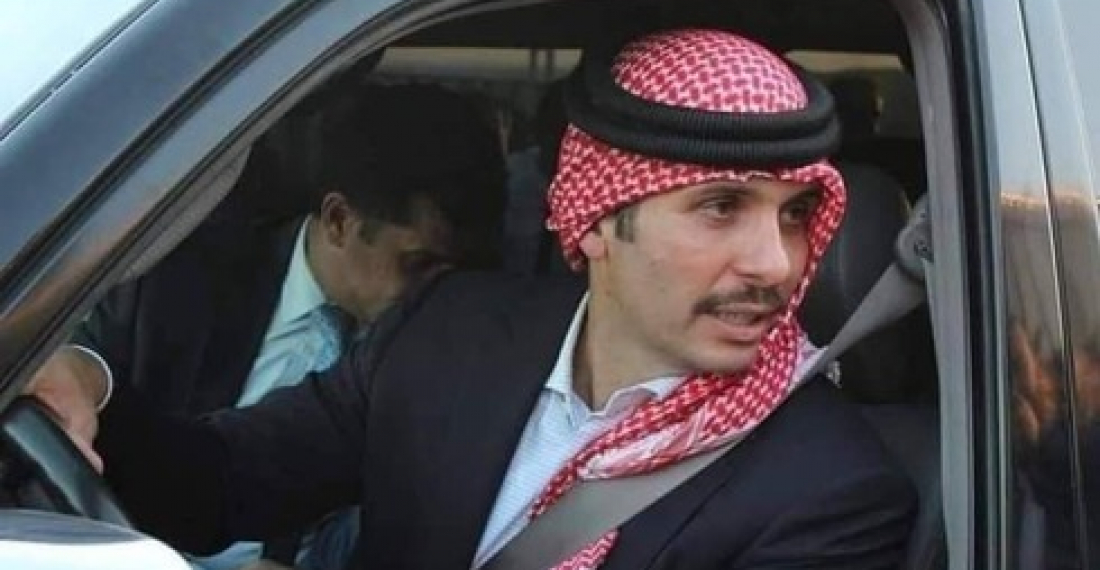On Saturday night, the Washington Post reported that the Jordanian authorities had arrested at least 20 people who they considered as a threat to the “security and stability” of the country. Among the key figures was the half brother of King Abdullah II, Prince Hamzah, and the former Head of the Royal Hashemite Court, Bassem Awadallah.
Shortly afterwards the BBC released a video of Prince Hamzah saying that he had been visited by the country’s Chief of the General Staff and told that he was being placed under house arrest. The Prince says in the message that he was told to stay in and not leave his house and avoid Tweeting. Prince Hamzah denied any wrongdoing, saying,
"I am not the person responsible for the breakdown in governance, the corruption and for the incompetence that has been prevalent in our governing structure for the last 15 to 20 years and has been getting worse... And I am not responsible for the lack of faith people have in their institutions.”
In Jordan itself there was uncertainty about the cause, motive and background of the events. Jordanian media expressed strongly worded messages of support for the King but most of the local population remained confused as to what had exactly happened. It was left to Israel radio and TV stations and social media, which have a strong following in Jordan, to articulate different possible scenarios.
Jordanian officials initially did not comment, but the Deputy Prime Minister, Ayman Safadi, on Sunday said that investigations showed that those arrested were involved in a plot with “external opposition” and that further legal procedure will commence. He said that Prince Hamza liaised with foreign parties over a plot to destabilise the country and has been under investigation for some time.
Other officials and analysts said that the stability and security of the King and the Kingdom was a redline.
The background to this so-called plot is unknown, and it is unclear which foreign entities are involved. Some sources says that the plot was an attempt to topple the King while others say the Prince merely expressed a voice for change.
Jordan is an important political player in the region, and has an important role in the region’s relations with Israel. The Jordanian King is also often seen as the protector of Arab East Jerusalem. Jordan also has a large number of Palestinian, Iraqi ad Syrian refugees. Political stability in Jordan, regardless of the ruler, is strategically important for Arabs, Israelis and for Western strategic interests as well.
source: commonspace.eu with agencies
photo: Prince Hamza bin al Hussein of Jordan (archive picture)






